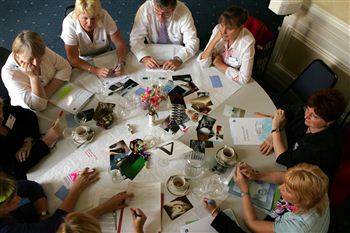THE forgotten heroes of Scotland’s care system have been praised after a hard-hitting inspection.
A new report says Scots carers aren’t as afraid as their English counterparts to comfort distressed or upset children.
But the Care Commission also warned half of all staff in the sector to do more to help kids to leave care.
The watchdog published its findings after monitoring the help given to the 2,512 young people looked after in Scotland’s 240 care homes, residential special schools and secure accommodation.
The Commission’s director said he was “concerned” that 50 per-cent of all residential services needed to improve.
Progress needs to be made in key areas such as children’s mental health and aftercare services, according to the report.
Even at the point where a child is admitted to care, improvements must be made in assessing their mental health.
However, the Commission found staff were good at promoting mental health for young people once they are in care.
A survey of youngsters receiving care services found 94 per-cent felt comfortable discussing their worries and concerns with staff.
The Commission said this was thanks to training by the Scottish Institute of Residential Care, which ensures any physical contact is appropriate and within acceptable boundaries when comforting a child.
Ronnie Hill, director of children’s services regulation, said it was important to stress that overall, practice in through-care is good in most services in Scotland.
He said: “Research has shown that young people in care, particularly those still in their teens and who move to independent living, are doing less well than their peers.
“In order to begin to turn this around, young people need to be appropriately supported, not just while they are living in a service but after they have left as well.
“We’re concerned, therefore, that almost half the residential services we monitored needed to improve their ability to help and support young people when they move on.
“In addition, we found wide variations in the assessment of mental health needs of young people at the point of admission and this needs to be addressed.”


